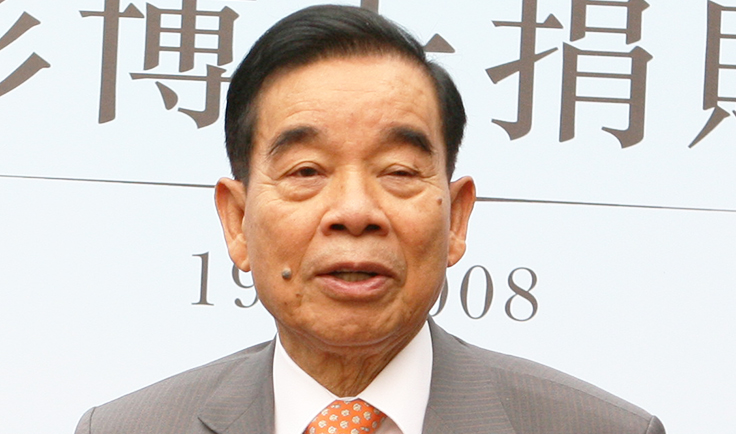
Rhinology/Sinus Surgery Julia Kimbel, Ph. D./Emily Buss – Psychoacoustics Joseph Roche, MD – SNHL and synaptic plasticity in Te1 Vestibulocochlear system of the Mongolian Gerbil animal model used in electroacoustic studiesįacial Plastic and Reconstructive Surgery William Shockley, MD Interests: Microtia repair, nasal defects and rhinoplasty, congenital anomalies Clinical Outcomes Research

– Age-Related decline in temporal processing Craig Buchman, MD – Auditory Neuropathy, CI Outcomes Oliver Adunka, MD – Electroacoustic Stimulation (EAS) Intraoperative electrophysiology Joe Hall Ph. – Cellular mechanisms/neural networks of hearing John Grose, Ph. – Preservation of residual hearing in cochlear implantation Paul Manis, Ph. Otology/Neurotology Doug Fitzpatrick, Ph. Outcomes Tumor size Body weight Tissue NFκB levels Cardiac echo readings Putting Resveratrol to the Test Day 0 – Tumor Inoculation Days 1-17 Document Cachexia/Treat with Resveratrol Sacrifice and Harvest

Resveratrol Potential NF-κB Inhibitor Natural compound found in red wine, red grapes Increased life span of nematode and short-lived fish If good enough for the nematode, why not for us?

– Cancer Cachexia Neil Hayes, MD, MPH – Molecular pathogenesis of head and neck Cancers Mark Weissler, MD – Outcomes Research in Head and Neck Cancer Carol Shores, MD – EBV related Head and Neck Cancer in Lilongwe, MalawiĬancer Cachexia Loss of weight, muscle atrophy, catabolism associated with end-stage cancer Significant cause of morbidityĬancer Cachexia Historically thought to be mediated by increased energy expenditure by rapidly proliferating cancer cells Increasing body of evidence attributing cachexia to pathophysiologic mechanisms at the cellular level NF-κB – ubiquitous protein complex that controls DNA replication – When constitutively active, proper regulation does not occur cellular proliferation tumor – Also Inflammation (possibly leading to cachexia) Head and Neck Surgery Marion Couch, MD, Ph. Otolaryngology Subspecialty Areas Head and Neck Surgery (Cancer Research) Otology/Neurotology Facial Plastic Surgery Rhinology/Sinus Surgery Laryngology Anterior Skull Base Surgery Pediatric Otolaryngology 8 th, 2010 1 year - – Research Training in Otolaryngology – Doris Duke Clinical Fellowship Program – American Otologic Society Research Fellowship (T32) – Howard Hughes Medical Institute Training Fellowship – Holderness Fellowship (4 Yearly) Grants/Funding Opportunities 2 months – Research Training in Otolaryngology Program (8-12 weeks) – Application online at Carolina Medical Student Research Program website: – Due Feb. Outline Funding opportunities Subspecialty Areas Clinical/Research Faculty – Areas of Interest ExamplesĮNT Residency Application Step 1 USMLE Score Medical School GPA Extra-curricular Activities Researchĭuration of Research 2 months – Projects completed during the summer in between the 1 st and 2 nd yr 1 year – Projects completed during a year off in between the 3 rd and 4 th years of medical school McKinney, MD Yu-Tung Wong, MD Scott Shadfar, MD

Research Opportunities in the Department of Otolaryngology-Head and Neck Surgery Kibwei A. McKinney, MD Yu-Tung Wong, MD Scott Shadfar, MD."- Presentation transcript: Presentation on theme: "Research Opportunities in the Department of Otolaryngology-Head and Neck Surgery Kibwei A.


 0 kommentar(er)
0 kommentar(er)
